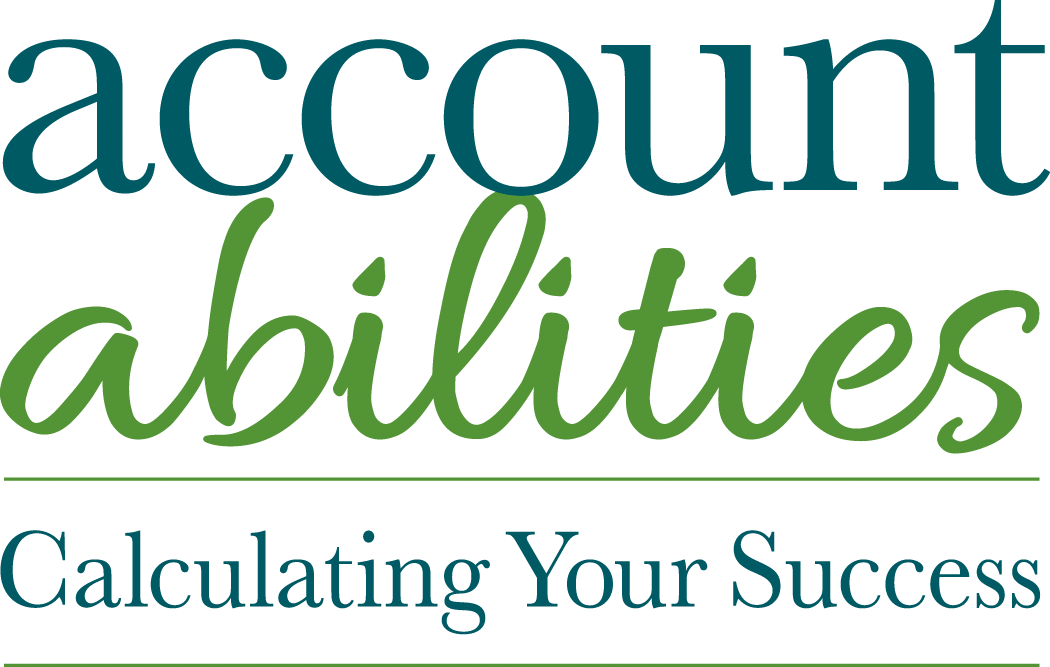#1
Set business goals.
Written goals will contribute to your success. If you measure them regularly and tweak as needed, you have a much better chance of achieving them. You won’t panic at the end of the year, facing a huge tax bill and looking for ways to reduce taxes that may not make sense for your business. For example, purchasing equipment may provide an immediate deduction, but if it doesn’t align with a stated goal, you won’t be serving your company in the long haul. Stated goals provide the yardstick against which you can measure your tax-related decisions.
#2
Establish a strong team of business advisors.
You’ve heard it before but it cannot be emphasized too often: Successful small business owners surround themselves with a strong team of advisors. These advisors provide guidance and wisdom that not only keep your business moving forward, but can help you make decisions resulting in an advantageous tax position. Your advisory team should include an attorney, an accountant, an insurance agent, and your local bank branch manager.
#3
Keep good records.
Good record retention can save the day if you’re the lucky one chosen for an audit. Mileage and meals are two common expenses auditors examine closely. For each expense, document where you went, who you met with, and two or three business points discussed. We recommend that you retain your records for at least six years and maintain a permanent file for critical paperwork.
#4
Implement an accountable plan for employee reimbursements.
An accountable plan has four requirements: a substantiated business connection to the expense, submission of expenses within a reasonable time period (usually 60 days), prompt return of excess advances or reimbursements (usually 120 days), and advances issued no earlier than 30 days. Without an accountable plan, reimbursements are considered income – the employee must pay income tax and the employer pays payroll tax. With an accountable plan, employers avoid payroll taxes on employee reimbursements.
#5
Evaluate your retirement plan.
Offering an employee retirement plan is a proven way to attract quality employees and improve employee retention, and employer’s matching contributions are tax-deductible for the employer. Matching contributions offer tax benefits to employees as well – they do not pay income tax on the contributions like they would with an increase in pay. Maximize matching contributions to employee retirement plans and deduct the contributions. If you don’t offer a retirement plan, make it a goal to establish one.
#6
Pay estimated taxes on time … and online.
It takes dedicated discipline to set aside the money needed for estimated taxes when those quarterly deadlines roll around. It can be tempting to draw from that reserve if cash gets tight or if the deadline comes during a slow season with reduced cash flow. You can set up an account with the IRS to pay your estimated taxes online, at any time, not just on the deadlines. You can establish monthly payments to maintain your discipline, pay a larger amount if you land a big project, or time larger payments when seasonal cash flow is higher. Being disciplined about estimated taxes will allow you to meet your tax obligation, avoid paying late penalties, and help you manage cash flow.
#7
Take advantage of a 20% tax break.
The Qualified Business Income tax deduction allows business owners to deduct up to 20 percent of qualified business income. Owners may take the deduction if they have taxable income under $157,500 as a single filer and $315,000 if filing married. Different rules apply beyond those income limits and for specified business trades such doctors, lawyers, and accountants. This is one area where your business structure can make a critical difference. If you are a sole proprietor or LLC and recognize $100,000 in profit, you can write off $20,000 (20 percent) and pay taxes on the remaining $80,000. If you are an S corp and recognize the same $100,000 profit but you have drawn a $60,000 salary, you have reduced your qualified business income to $40,000, creating a 20% deduction of $8,000. Taxes are not certainly not the only consideration in determining corporate structure, but it may be financially prudent to weigh the differences. Talk with us about the Qualified Business Income tax deduction and how it applies to you.
#8
Invest in an Opportunity Zone.
An Opportunity Zone is a designated low-income or undercapitalized community. Individuals or corporations with unrealized capital gains can reap three benefits from investing in a qualified Opportunity Zone project: tax deferral on initial capital gains, an increase of the basis of the initial investment, and if the investment is held for 10 years, appreciation is tax-free. Opportunity Zone investments are an amazing opportunity, but they aren’t for everyone. Talk with us about the potential benefit to you.

